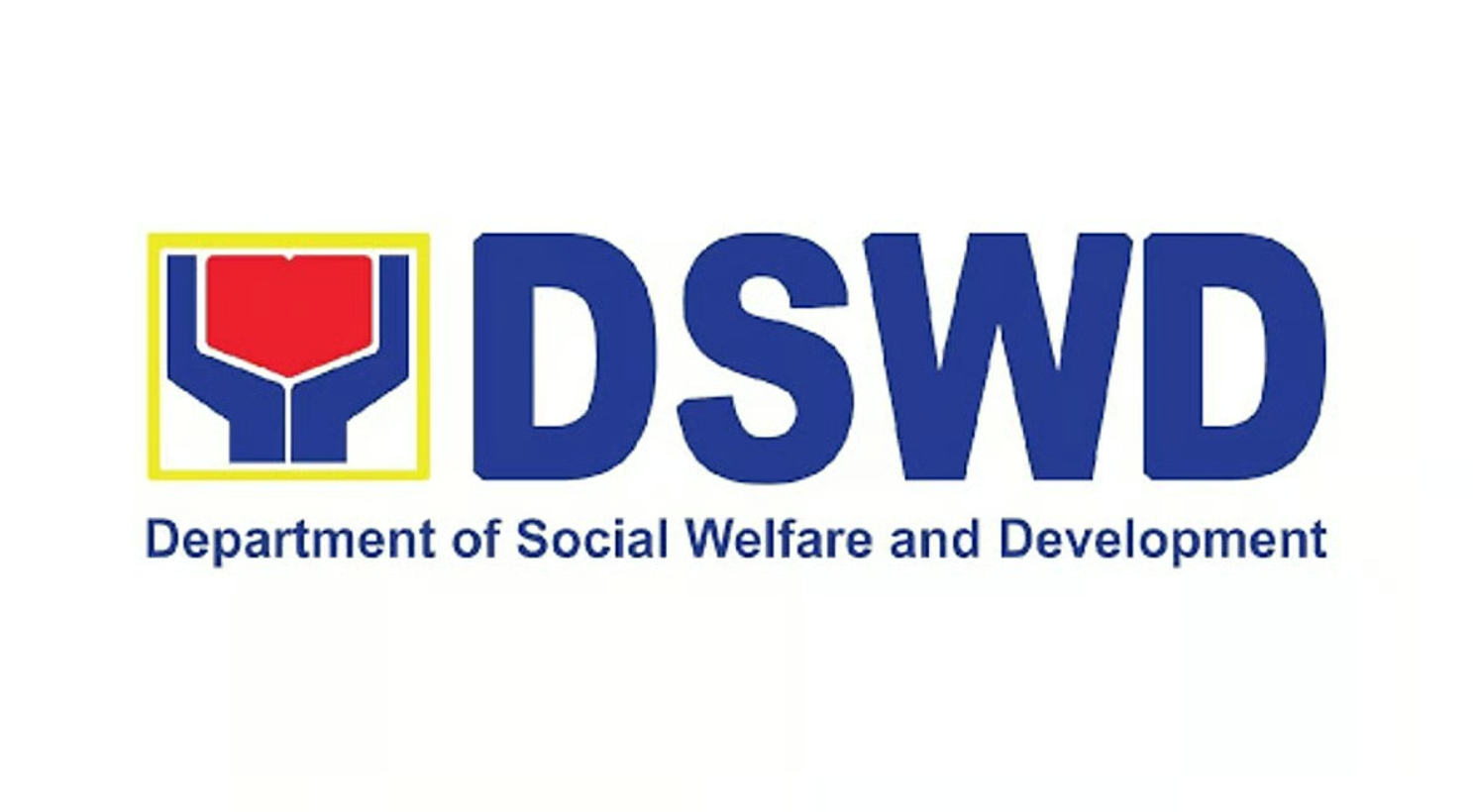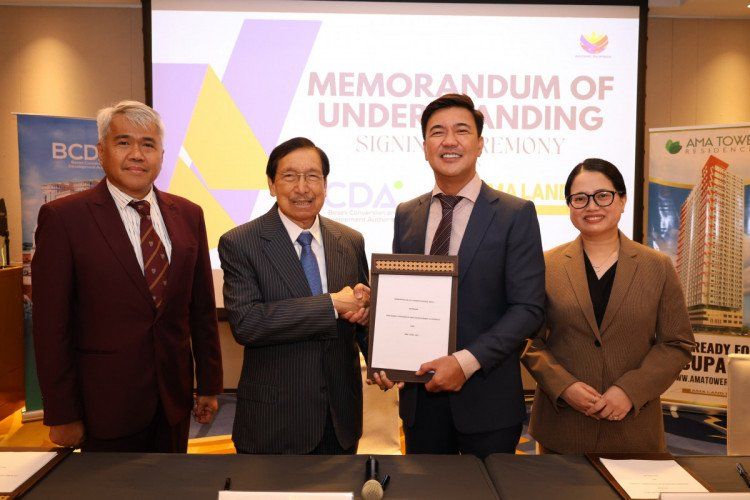Should Baguio Elect a New Mayor?
-Andy Ignacio- — October 30, 2024
Should Baguio Elect a New Mayor?
As election season approaches, residents of Baguio are asking whether they should re-elect Mayor Benjamin Magalong or opt for a new leader. Magalong, Known for his decisive leadership and calm demeanor, has led the city for six years. While he enjoys strong support, some believe it may be time for fresh leadership. Yet as the city gears up for elections, the conversation about his achievements and challenges is heating up.
One of the most debated issues is the proposal of a ₱250 congestion fee for non-residents entering Baguio, a move designed to manage the influx of people and reduce traffic in the central business district. Magalong argues that this fee could be a game-changer, allowing the city to control congestion, fund infrastructure improvements, and make the city center more livable for residents. While some locals welcome the idea, seeing it as a necessary step to preserve Baguio’s charm and ease congestion, critics argue that it could deter tourism and burden visitors. The congestion fee may very well become the deciding factor in his re-election, as it sparks differing views among residents and business owners.
Traffic has remained a central concern, and despite the mayor's initiatives—such as new traffic schemes and infrastructure projects—many residents feel that congestion is still a major issue. As a prime tourist destination, Baguio experiences overwhelming numbers of visitors, especially during peak seasons. Although Magalong has implemented measures to manage this, some critics argue that more is needed.
There has been a growing call from residents who believe that constructing a parking building could be a better solution than implementing a congestion fee. They argue that such a facility would address parking shortages and ease street congestion. However, this project would require significant time to plan and build, and space limitations in the city center present additional challenges. Critics, including prominent voices like traffic engineer Ted Tan, suggest that Magalong should reconsider the congestion fee and instead focus on alternatives that residents may find more agreeable.
His supporters, however, argue that his congestion fee proposal is a bold and necessary measure to address an urgent issue. For Magalong, the best path forward may involve balancing these viewpoints, taking time to engage constituents, and reevaluating strategies in response to community feedback.
Waste management is another issue raised by critics. Under Magalong’s leadership, Baguio has made strides in garbage collection and disposal, although some areas continue to experience inconsistent service. The mayor has focused on long-term solutions, such as waste segregation and improved disposal facilities, but there are residents who feel the city’s cleanliness standards could be higher. However, despite these criticisms, Baguio was recently hailed as one of the top five cleanest cities in Southeast Asia, a recognition that reflects Magalong's efforts and reinforces his commitment to maintaining high standards in public cleanliness.
It would also be unfair to overlook the significant accomplishments Magalong has achieved during his tenure. His handling of the pandemic remains a key highlight, with Baguio managing to control COVID-19 spread more effectively than many other cities. His calm, systematic approach and compassionate enforcement of health protocols earned him praise from both locals and national authorities. His pioneering contact tracing measures became a model for the Philippines, and his leadership during the pandemic saved lives and helped shield the local economy from severe impacts.
The mayor's supporters also point out that his administration has laid the groundwork for numerous projects that are expected to flourish in the years ahead. These initiatives span infrastructure improvements, tourism promotion, and environmental sustainability. Magalong has been a vocal advocate for preserving Baguio’s natural environment, balancing development with ecological conservation. His long-term vision centers on making Baguio more livable and sustainable, and many believe he remains the right person to see these plans through.
Magalong has also stood out for his unwavering commitment to integrity and truth in the face of great personal and political risk. His role in the aftermath of the Mamasapano incident, where he delivered a strong testament to the tragic fate of the SAF 44, showed his readiness to sacrifice his own career aspirations, including his ambition to become PNP Chief, to uphold accountability. Furthermore, his courage in calling out corruption within the police force, including then-Chief Oscar Albayalde and other officials implicated in scandals, underscored his commitment to transparency and justice—qualities that have cemented his reputation as a leader of integrity.
Ultimately, Baguio’s voters will need to consider the benefits and drawbacks. Should Mayor Magalong, with his proven record in crisis management and a clear vision for the future, be granted more time to execute his plans? Or is it time for fresh leadership to offer new solutions to the city’s enduring challenges? Regardless of the election outcome, Mayor Benjie Magalong has earned respect for his integrity, dedication, and passion for Baguio. Soon, the future of the city will rest in the hands of its people, who will weigh in on his work and decide the next chapter for Baguio.




